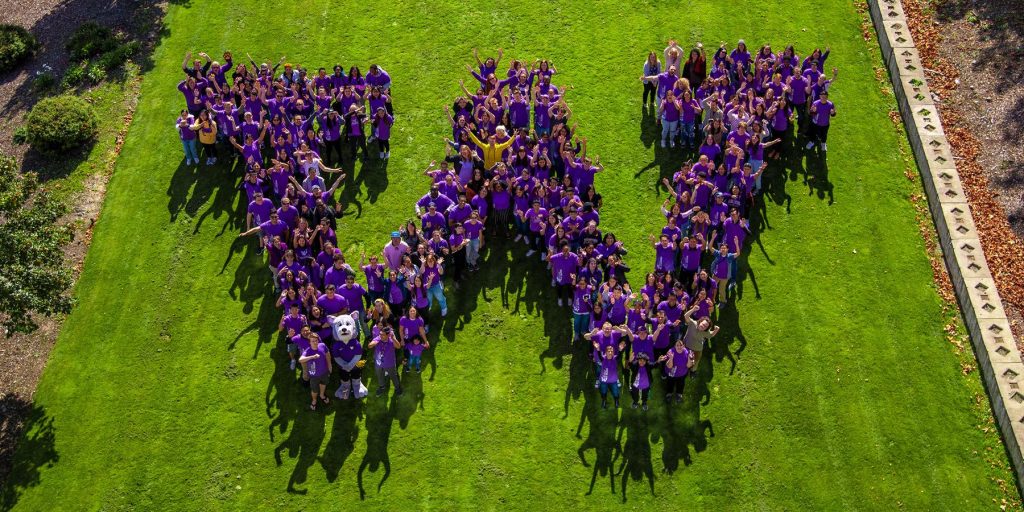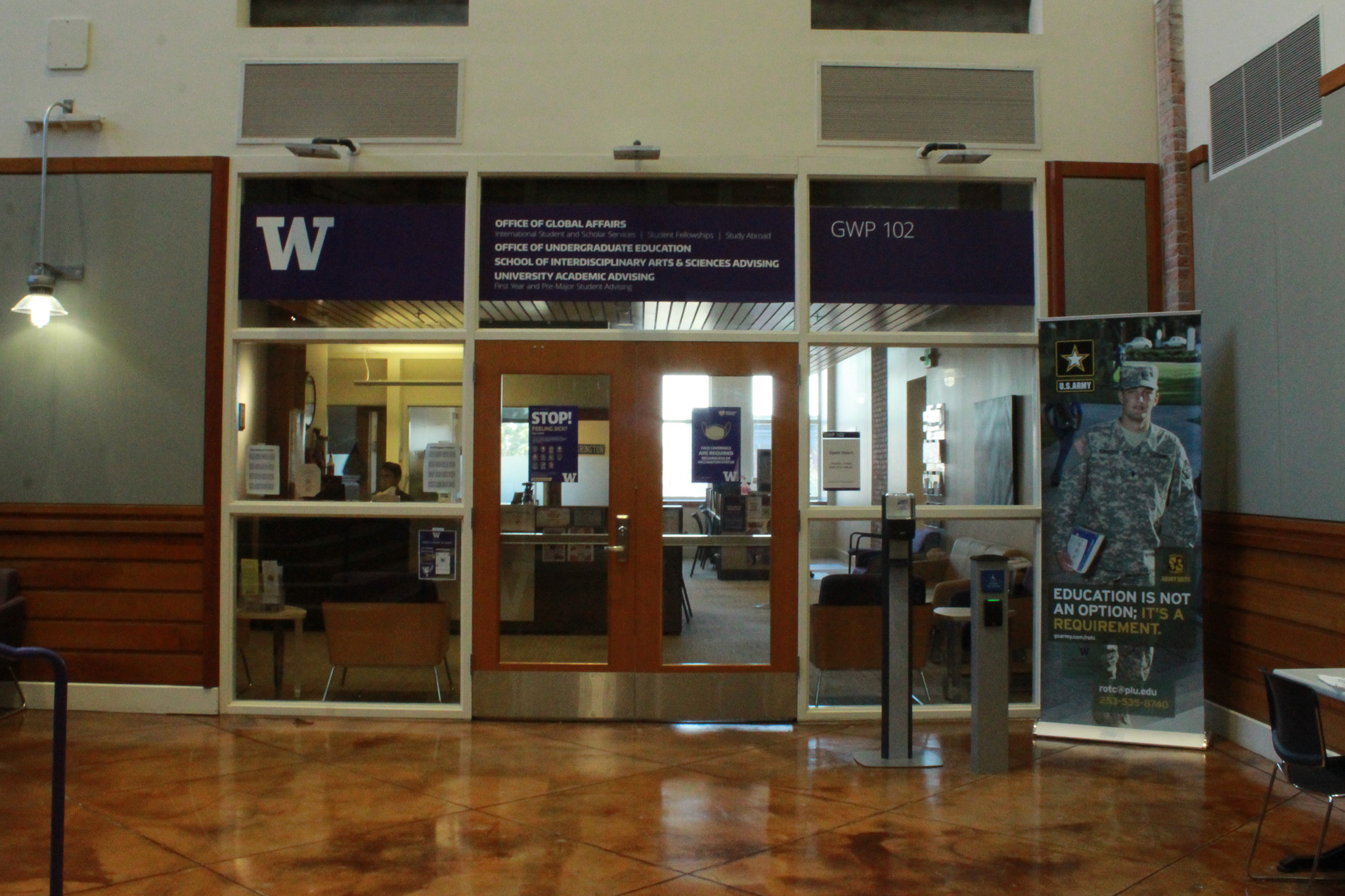Organizations for students of color to connect with their communities
Student organizations are created to support students of color as they continue their education in a safe space with support from their communities.
The UWT’s commitment to diversity aims to shape and nurture students of color in a learning environment to support them and dismantle oppressive systems.
Reported by the Office of Equity and Inclusion at UWT, 32% of the student body demographic are students of underrepresented minorities. The underrepresented minorities such as Asian, Hispanic, African-American, Hawaiian/Pacific Islander and Native American students have the opportunity to join organizations on campus to help them connect with their cultural identities.
The Black Opportunity Fund supports vital sources for students, alumni and the campus. The fund created by UW Seattle, on July 8 2020, through the Office of Minority Affairs and Diversity, establishes their commitment and acknowledges the harm Black students face in their communities due to systemic racism.
The fund is also available to UWT students as well, such as supporting the Black Student Union (BSU), Black Mens’ Student organization on campus and the RISE (Race, Identity, Social Engagement) Scholars program.
The BSU aims to establish a safe space for students with activism to push diversity and inclusion in the classroom and curriculum at UWT. To join the organization, students can be of any ethnicity to help amplify social injustices.
Reported by News and Information by UWT, Patrick Pow, the vice chancellor of Information technology, expands support for college-bound Asian Americans and Pacific Islander students. Pow led efforts for UWT to have a designated serving institution such as AANAPISI, the institution brings eligibility to federal grants. In 2021, Pow and his wife donated $86,000 to form the Asian American and Pacific Islander (AAPI) impact endowment to sustain programs after their grants ran out. With the endowments, students have access to internships and scholarships from non-profit APIA Scholars as well as receiving support on campus for mentoring and campus jobs.
The Filipino-American Student Association (FASA), spreads awareness of Filipino heritage culturally, politically and socially while also promoting unity on and off campus. They pride themselves as allies with other minority groups on campus.To join this organization students can attend Zoom meetings as well as meetings held in JOY 114 on Wednesdays, bi-weekly from 12:30-1:20 p.m.
HuskyKai, the Japanese student union, hopes to connect students of Japanese descent to their Japanese culture as well as teaching anyone who is interested in Japanese culture.
“We started with the aim to promote Japanese culture and also engage with fellow Japanese students who may struggle blending into the school community,” Maki Matsuo said.
Matsuo is one of the founding members and President of HuskyKai said in a statement as she recalled the psychological comfort and connections she has created with her peers.Matsuo said HuskiKai, the Japanese organization has helped enhance the foundation of her own identity and her knowledge on diverse communities. Through this community the members of HuskyKai are helping themselves navigate through American society as a Japanese person.
The Latinx student union for Latinx students is committed in building an inclusive and supporting space, to support Latinx culture and promote social awareness on issues the Latinx community faces. Their next meeting will be held in TPS 104 on March 4, 2022 at 12:30-1:20 p.m.
Students who are interested in joining any club or organization, can log into the Dawg Den at uw-tacoma.presence.io/ using their UW net ID information and press the join button to the organization of their choosing.
These student organizations focus on student inclusion through their cultural identities to support students by creating a safe space in which they can engage with their community and call for diversity on and off campus. Students are able to discuss and solve issues they face in their marginalized communities and create change.



